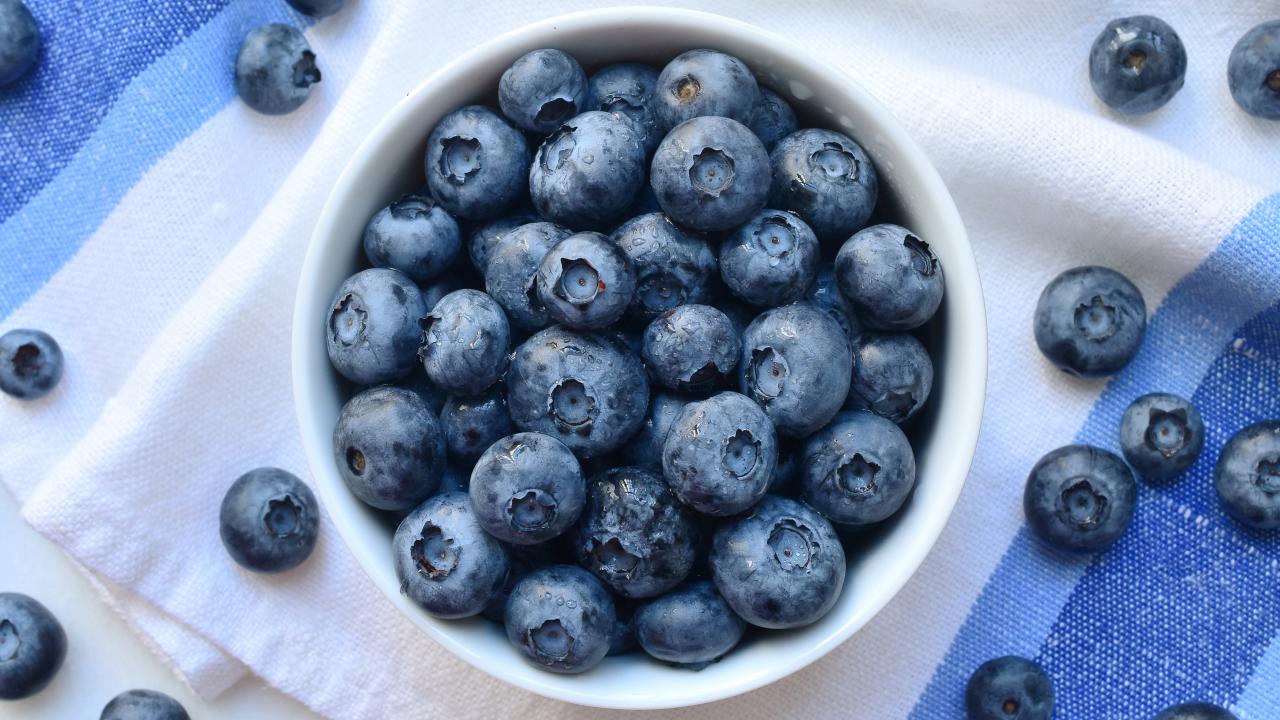

Articles
How To Store Freshly Picked Blueberries
Modified: December 7, 2023
Looking for tips on how to store freshly picked blueberries? Check out our informative articles for the best methods to keep your blueberries fresh and flavorful.
(Many of the links in this article redirect to a specific reviewed product. Your purchase of these products through affiliate links helps to generate commission for Storables.com, at no extra cost. Learn more)
Introduction
Blueberries are a delicious and nutritious fruit that is not only loved for its sweet and tart flavor, but also for its numerous health benefits. Whether you’ve picked them yourself or bought them fresh from the market, knowing how to properly store freshly picked blueberries is essential to keep them at their best quality for as long as possible.
In this article, we will guide you through the process of selecting the freshest blueberries, preparing them for storage, and different methods of storing them to ensure they stay fresh and flavorful. We will also provide some tips and tricks to help prolong the shelf life of your blueberries, allowing you to enjoy their taste and health benefits for an extended period of time.
So let’s dive in and learn how to properly store those tangy and vibrant blueberries!
Key Takeaways:
- Select fresh, plump, and deep-colored blueberries with a sweet aroma. Handle them gently and remove stems and leaves before storing to maintain their optimal flavor and freshness.
- Store blueberries in the refrigerator for short-term use, freeze for long-term preservation, or use specialized containers for convenience. Proper sealing, avoiding moisture exposure, and regular checks for spoilage are essential for maximizing their shelf life.
Read more: How To Store Fresh Picked Blueberries
Selecting Fresh Blueberries
When it comes to selecting fresh blueberries, there are a few key factors to keep in mind. Choosing the right blueberries not only ensures their taste and texture but also guarantees that you’re getting the most out of this delicious fruit.
First and foremost, look for blueberries that are plump and firm. Avoid any berries that are soft or squishy, as this indicates that they may be overripe or starting to spoil. The skin of fresh blueberries should be smooth and tight, without any wrinkles or shriveling.
Another important aspect to consider is the color of the blueberries. While it may seem counterintuitive, fully ripened blueberries are actually a deep shade of blue or purple, rather than a light or pale color. This indicates that they have reached their peak level of sweetness and flavor.
In addition to appearance, it’s also crucial to pay attention to the aroma of the blueberries. Freshly picked blueberries emit a sweet and slightly tangy fragrance. If you detect any unpleasant or sour odors, it’s best to pass on those berries, as they may be spoiled or have begun to ferment.
When handling blueberries, it’s important to be gentle to avoid damaging the delicate fruits. Excessive squeezing or mishandling can cause bruising and accelerate spoilage. It’s best to hold the berries by their stems and handle them with care.
Lastly, keep in mind that blueberries are highly perishable, so it’s essential to purchase them from reputable sources and stores that ensure proper storage and handling. Look for stores or farmers’ markets that maintain a clean and well-chilled environment to preserve the freshness of the berries.
By following these guidelines, you can confidently select the freshest blueberries, guaranteeing a flavor-packed and delightful experience with every bite.
Preparing Blueberries for Storage
Before storing blueberries, it’s essential to prepare them properly to maintain their freshness and extend their shelf life. This involves cleaning the blueberries and removing any stems and leaves.
To start, gently rinse the blueberries under cold running water. This will help remove any dirt, debris, or natural coatings that may be present on the surface of the berries. Be careful not to use too much force or scrub the blueberries vigorously, as this can damage the delicate fruits.
After rinsing, thoroughly pat the blueberries dry with a clean kitchen towel or paper towels. Moisture can accelerate the breakdown of blueberries, leading to mold growth or premature spoilage. So ensuring they are completely dry before storage is crucial.
Next, inspect the blueberries and remove any stems or leaves that may still be attached. While the stems and leaves are edible, they can contribute to a shorter shelf life as they tend to release moisture and encourage the growth of bacteria or mold.
To remove the stems, simply hold the blueberry gently between your thumb and index finger and use your other hand to pinch and detach the stem. If some stems are stubborn and difficult to remove, you can use a small pair of kitchen scissors or a fork to help in the process.
It’s important to note that you should only remove the stems and leaves right before storing the blueberries. Removing them too far in advance can cause the berries to dry out and lose their moisture, resulting in a less desirable texture.
By taking the time to clean and remove the stems and leaves from the blueberries before storage, you are ensuring that they are in the best condition for extended freshness and optimal taste.
Store freshly picked blueberries in the refrigerator in a shallow container, unwashed, and covered with a paper towel to absorb any excess moisture. This will help keep them fresh for up to 10 days.
Storage Methods
Once you have prepared your blueberries, it’s time to store them properly to maintain their freshness and flavor. There are several storage methods you can choose from, depending on how you plan to use the blueberries and how long you want to preserve them.
Refrigerating Fresh Blueberries:
The refrigerator is an excellent option for short-term storage of fresh blueberries. Place the cleaned and dry blueberries in a breathable container, such as a shallow bowl or a paper towel-lined container. Avoid using airtight containers or plastic bags, as they can trap moisture and lead to faster spoilage.
Make sure to store the blueberries in the produce drawer or the coldest part of the refrigerator, ideally between 32 to 40 degrees Fahrenheit (0 to 4 degrees Celsius). This cool temperature helps slow down the ripening process and extends the shelf life of the blueberries. When stored properly, fresh blueberries can typically last up to one week in the refrigerator.
Freezing Fresh Blueberries:
If you want to preserve blueberries for a longer period, freezing is an excellent option. Before freezing, make sure the blueberries are dry and spread them out in a single layer on a baking sheet or tray. This prevents them from clumping together during freezing.
Place the baking sheet with the blueberries in the freezer until the berries are frozen solid, which usually takes about 2-3 hours. Once frozen, transfer the blueberries into airtight freezer bags or containers. Label them with the date to keep track of their freshness.
When freezing blueberries, it’s best to remove as much air as possible from the freezer bags to minimize the risk of freezer burn. It’s also a good idea to divide the blueberries into portion sizes that you’ll likely use for future purposes, so you can easily thaw only what you need.
Frozen blueberries can be stored in the freezer for up to several months, and they can be enjoyed in smoothies, baked goods, or as a frozen treat.
Storing Blueberries in Containers:
If you prefer to store blueberries in containers instead of refrigerating or freezing, you can use airtight containers specifically designed for storing produce. These containers help regulate the airflow and moisture, keeping the blueberries fresh for a longer period.
Place a layer of blueberries at the bottom of the container and cover them with a breathable lid or a paper towel to absorb excess moisture. Repeat these layers until the container is filled, making sure not to pack the blueberries too tightly. Store the container in a cool, dark place away from direct sunlight.
It’s important to note that storing blueberries in containers may not extend their shelf life as long as refrigeration or freezing, but it can be a convenient option if you plan to consume them within a few days.
Choose the storage method that suits your needs best, whether it’s refrigeration, freezing, or using specialized containers, and enjoy the freshness of your blueberries for as long as possible.
Tips for Longer Lasting Blueberries
To ensure your blueberries stay fresh and delicious for as long as possible, here are some helpful tips and tricks:
Properly Sealing Blueberries:
When storing blueberries, it’s essential to properly seal them to minimize exposure to air and moisture. Use airtight containers or freezer bags to prevent the blueberries from drying out or absorbing excess moisture from the surroundings. This helps maintain their texture and flavor while reducing the risk of spoilage.
Avoiding Moisture Exposure:
Moisture is the enemy of fresh blueberries, leading to mold growth and accelerated spoilage. To keep your blueberries fresh, make sure to keep them dry at all times. Avoid rinsing them until you’re ready to consume or use them. When rinsing, be gentle and pat them dry thoroughly with a clean cloth or paper towel before storing. Additionally, do not store blueberries in areas of your fridge or pantry that have a high humidity level.
Checking for Spoilage:
Regularly check your stored blueberries for any signs of spoilage. If you notice any moldy or shriveled berries, discard them immediately to prevent the spread of mold to the rest of the batch. Also, keep an eye out for any off-smells or unusual colors, which could indicate that the blueberries have gone bad.
Rotating Your Stock:
If you have multiple containers or bags of blueberries, it’s a good idea to rotate your stock. Use the oldest batch of blueberries first to ensure they are eaten at their peak freshness, while the newer supplies can be stored for a longer period.
Consider Prepping Ahead:
In order to save time and ensure maximum freshness, consider prepping your blueberries ahead of time. Clean and dry them, remove stems and leaves, and portion them into individual servings. This way, when you’re ready to enjoy them, you can simply grab a portion without the need for additional prep time.
Store Unwashed:
It’s best to store blueberries unwashed until you are ready to use them. Washing them earlier can introduce moisture, which can hasten spoilage. Just make sure to rinse and dry them thoroughly right before you’re ready to eat or cook with them.
By following these tips, you can maximize the shelf life of your blueberries and savor their succulent flavor and nutritional benefits for as long as possible.
Read more: How To Store Fresh Blueberries
Conclusion
Knowing how to properly store freshly picked blueberries is essential to prolong their freshness and enjoy their delicious flavor for an extended period. By following the guidelines outlined in this article, you can ensure that your blueberries stay at their best quality.
When selecting fresh blueberries, look for plump and firm berries with a deep color and a sweet aroma. Handle them with care to avoid bruising and mishandling. Preparing blueberries for storage involves cleaning them gently, removing stems and leaves, and ensuring they are completely dry.
There are several storage methods to choose from. Refrigeration is ideal for short-term storage, as it helps slow down the ripening process. Freezing blueberries allows for long-term preservation, while storing them in containers can be convenient for quick access. Proper sealing and avoiding moisture exposure are crucial to maintaining the freshness and texture of blueberries.
To prolong the shelf life of your blueberries, regularly check for any signs of spoilage and discard any moldy or shriveled berries. Rotating your stock and prepping ahead can also help in maximizing freshness and convenience.
By implementing these tips, you can enjoy the delightful taste and nutritional benefits of freshly picked blueberries for as long as possible. So, go ahead and indulge in these vibrant and versatile berries, whether they are in smoothies, desserts, or enjoyed on their own.
Remember, the key is to handle and store blueberries with care, ensuring they are in a cool, dry, and sealed environment. With these practices, you can savor the goodness of blueberries long after they have been picked.
Frequently Asked Questions about How To Store Freshly Picked Blueberries
Was this page helpful?
At Storables.com, we guarantee accurate and reliable information. Our content, validated by Expert Board Contributors, is crafted following stringent Editorial Policies. We're committed to providing you with well-researched, expert-backed insights for all your informational needs.
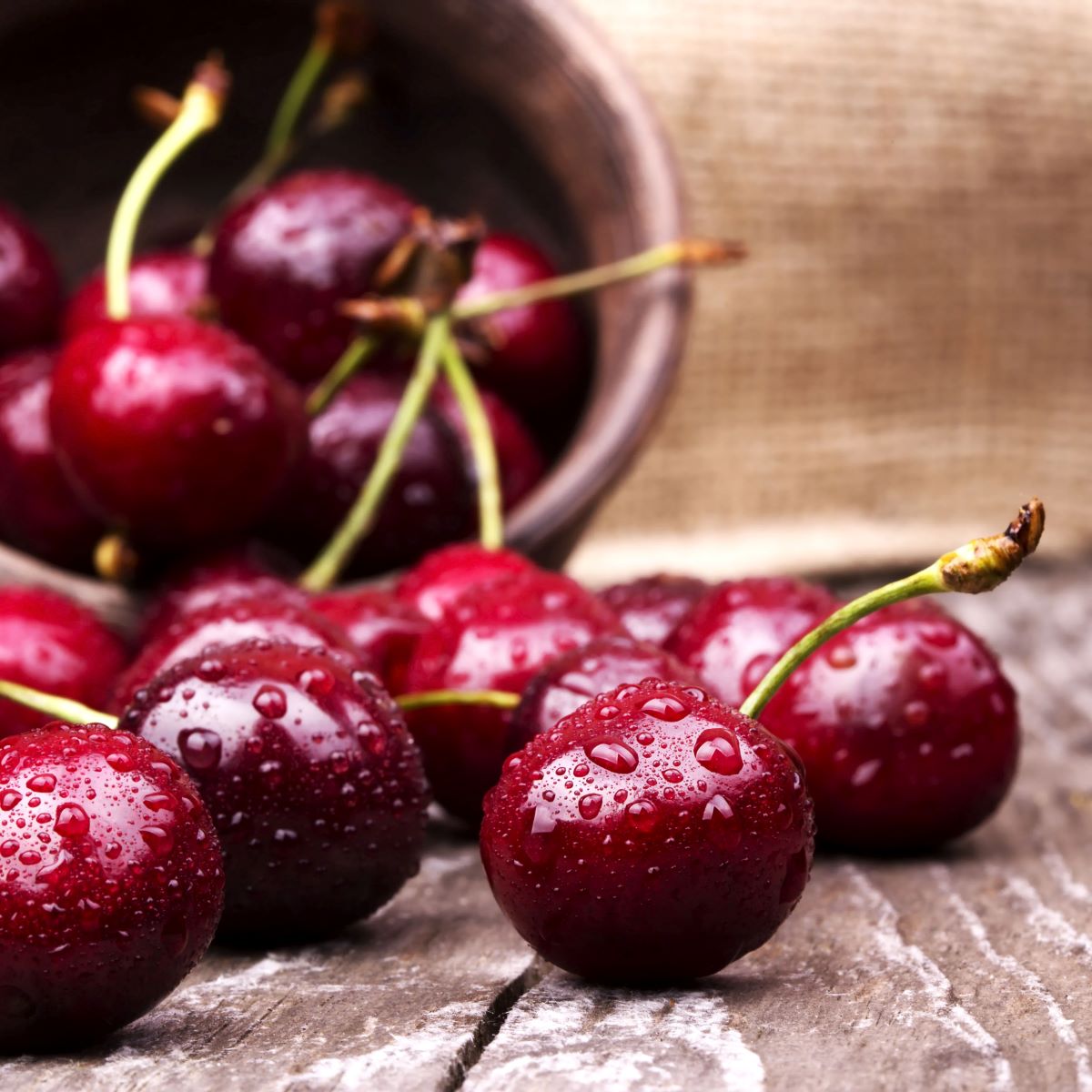
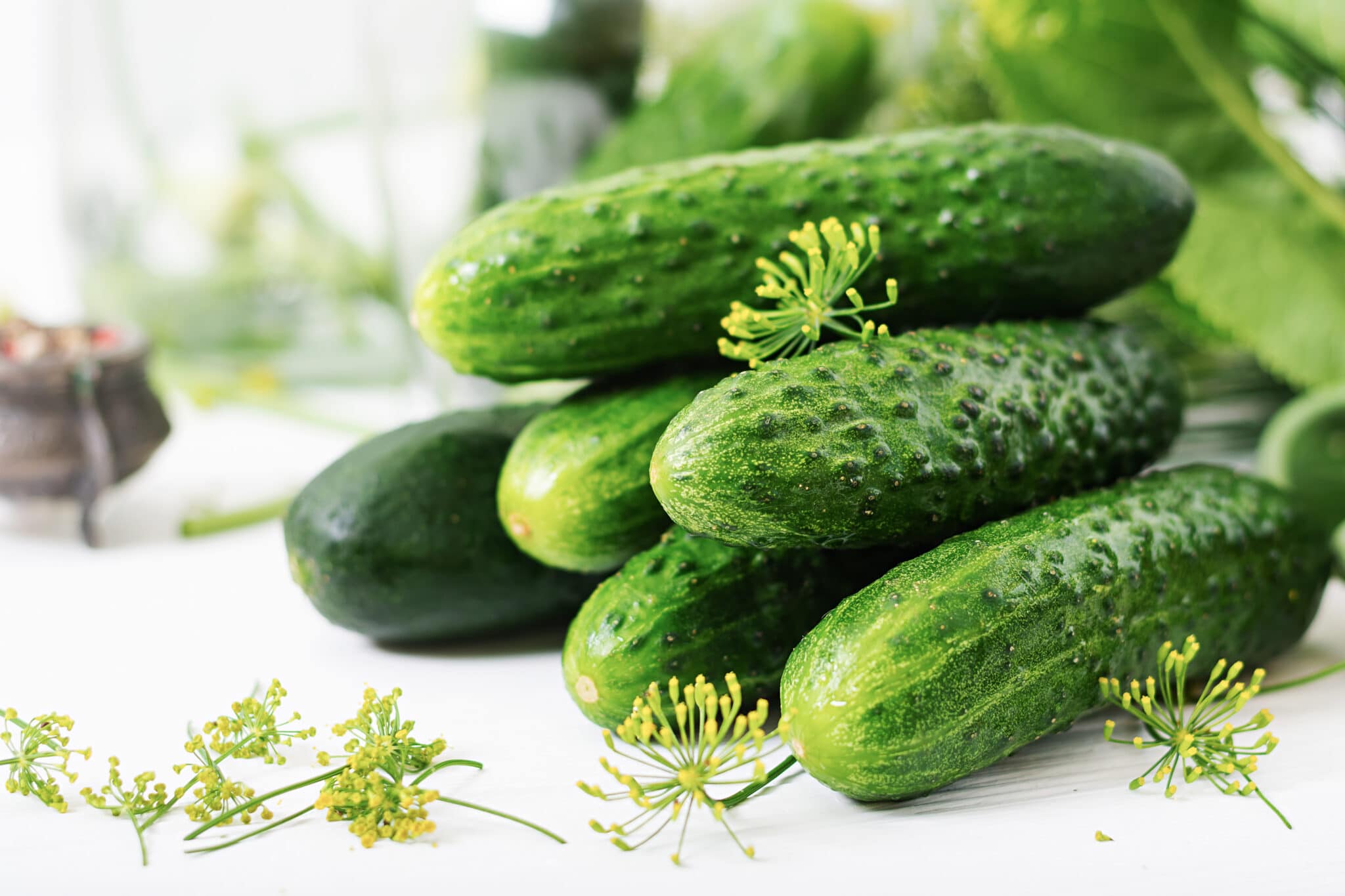
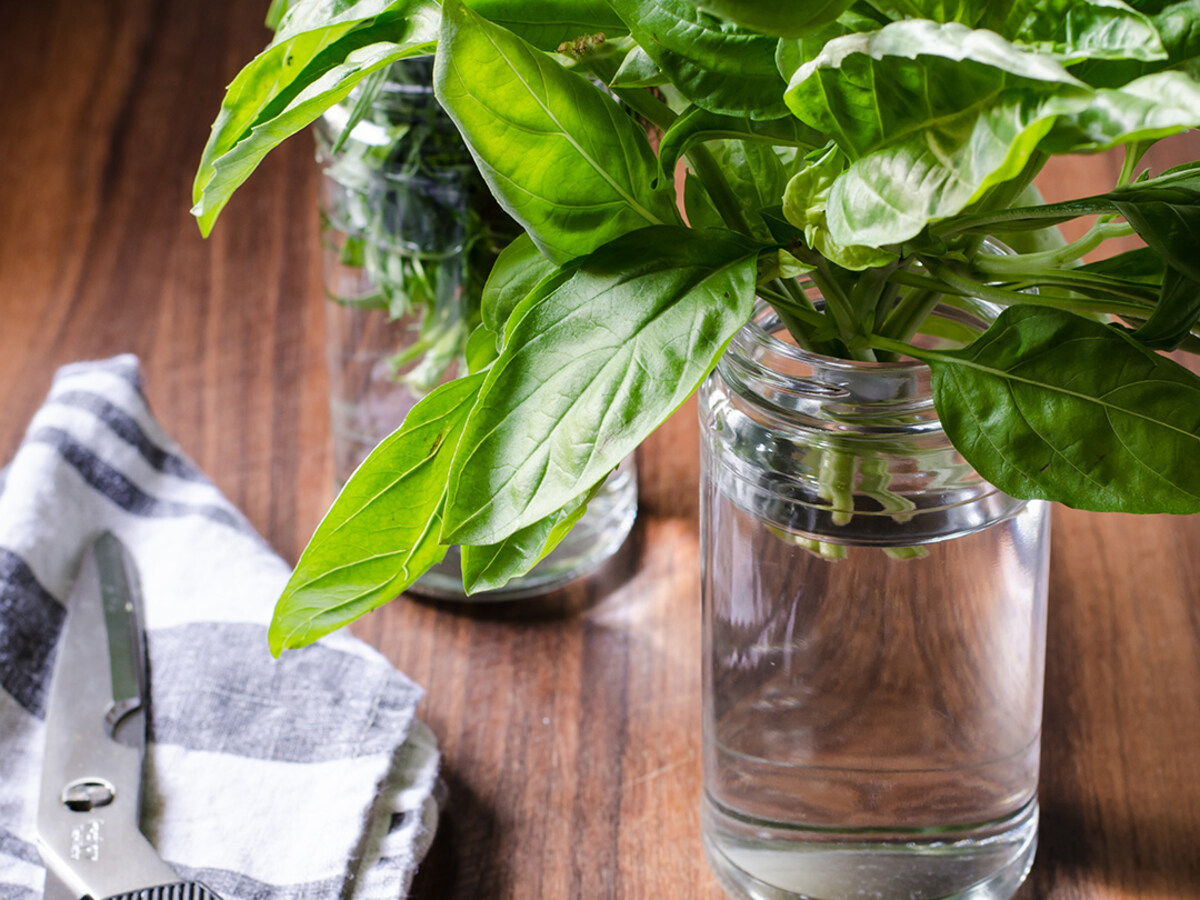
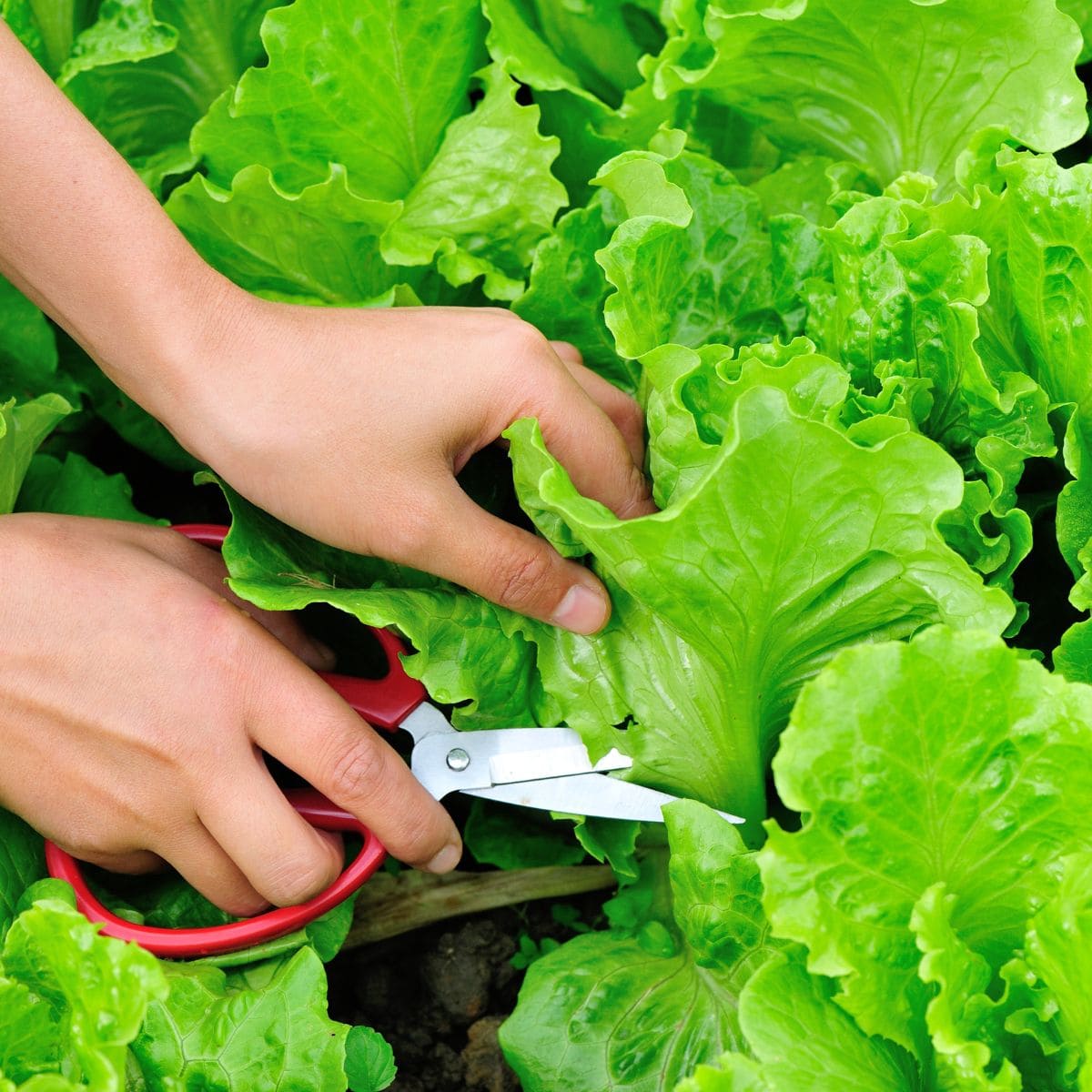
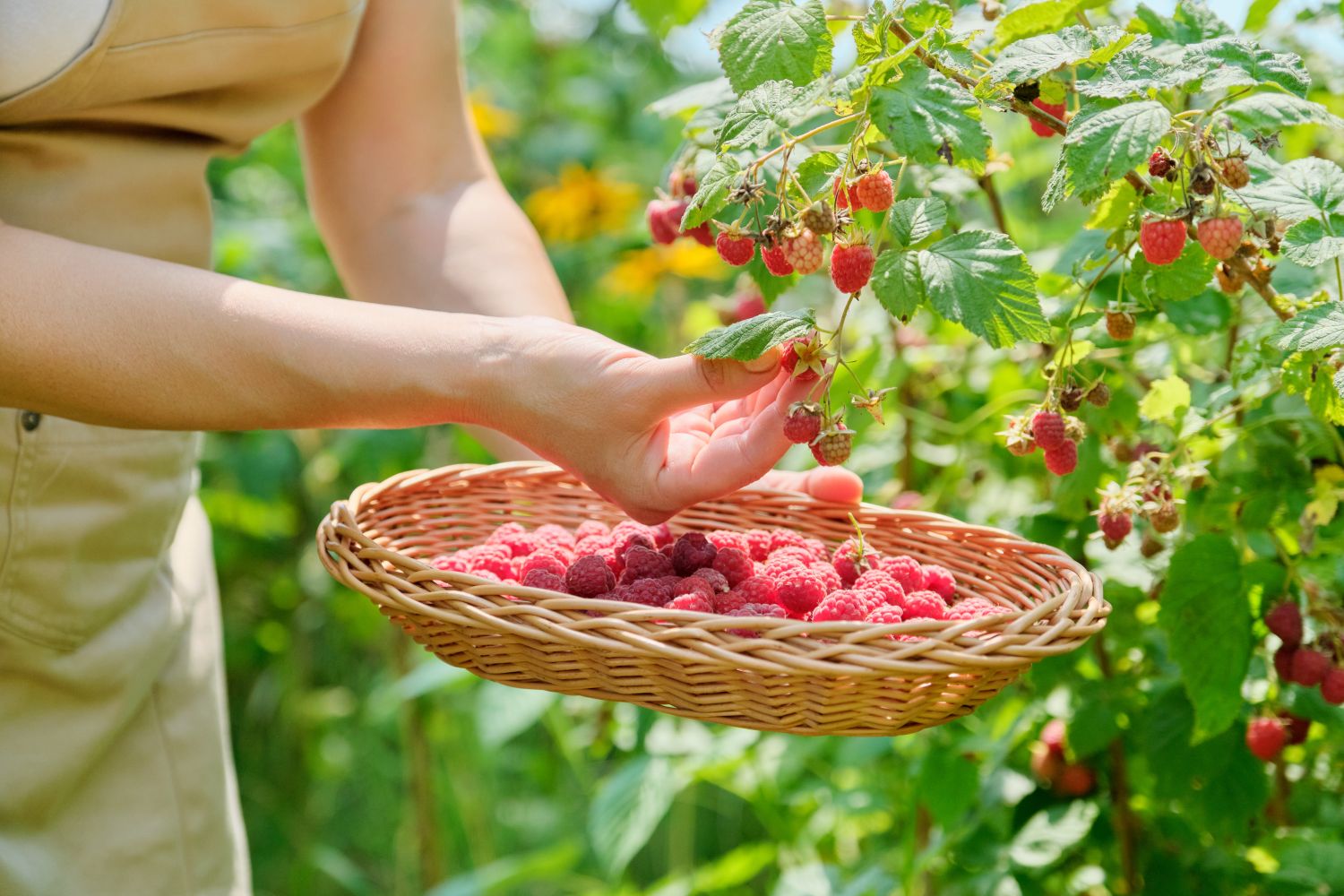

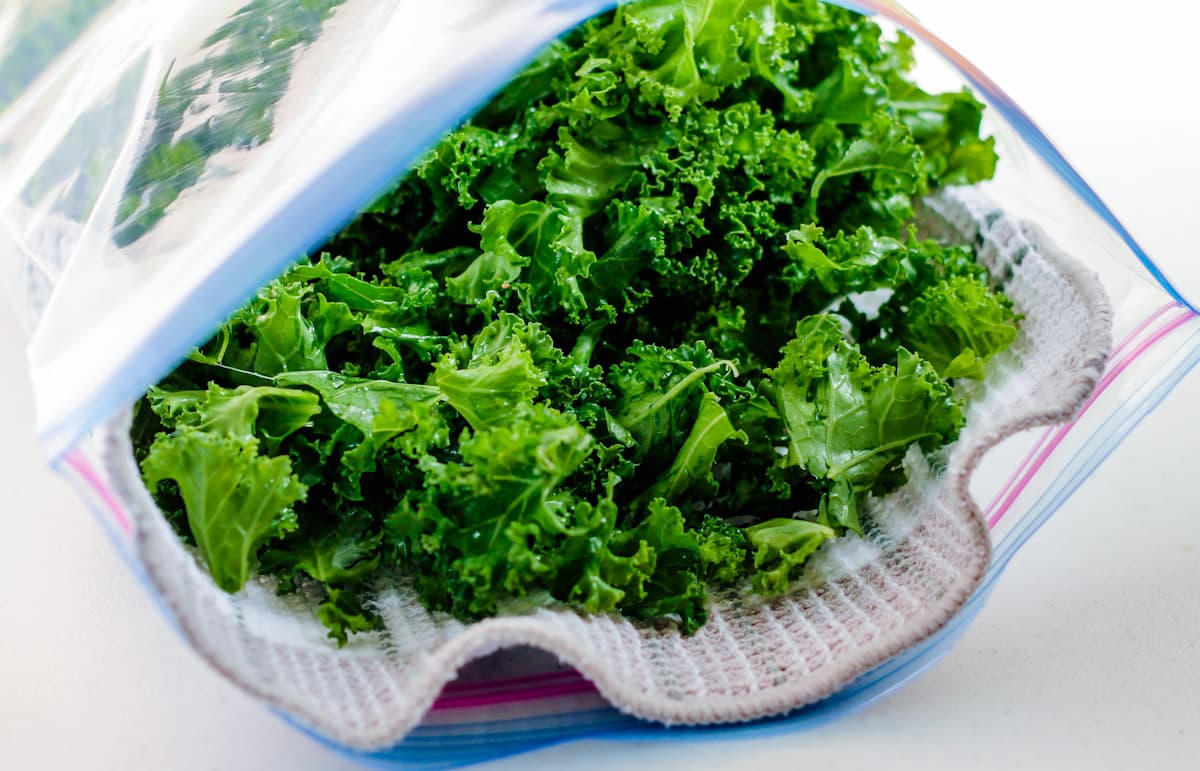

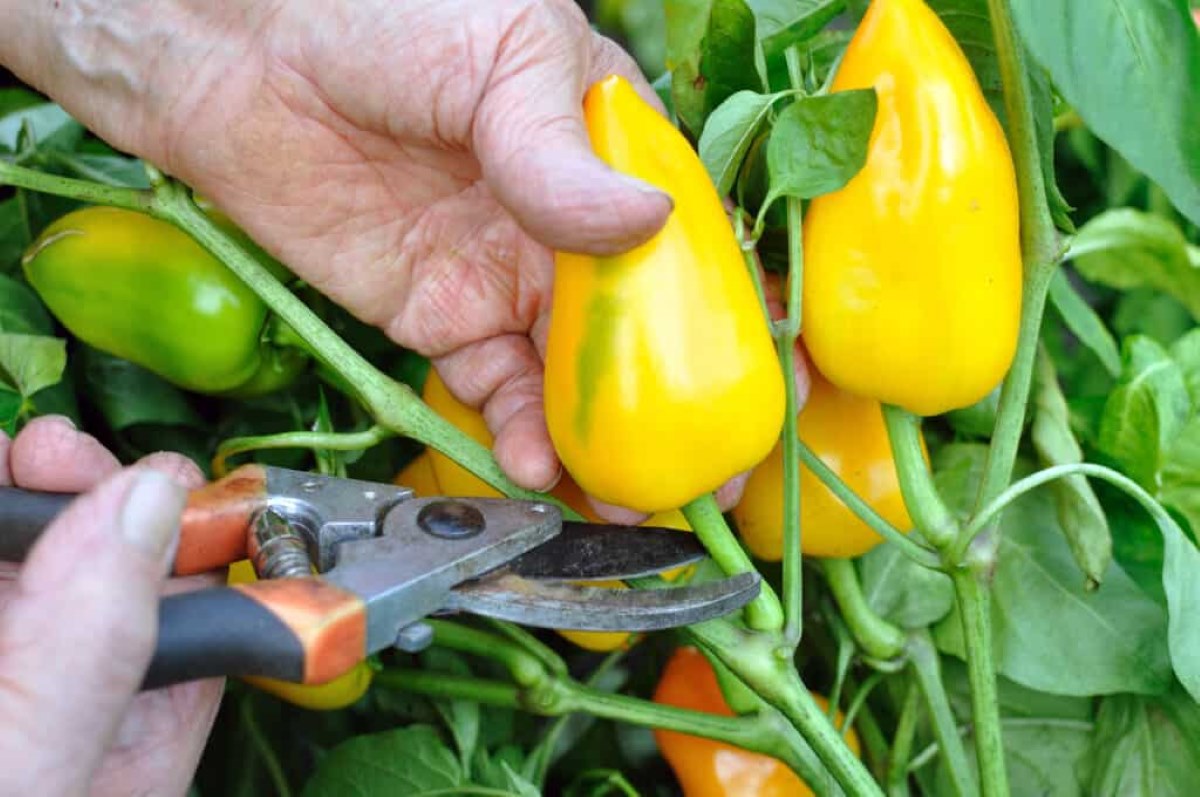
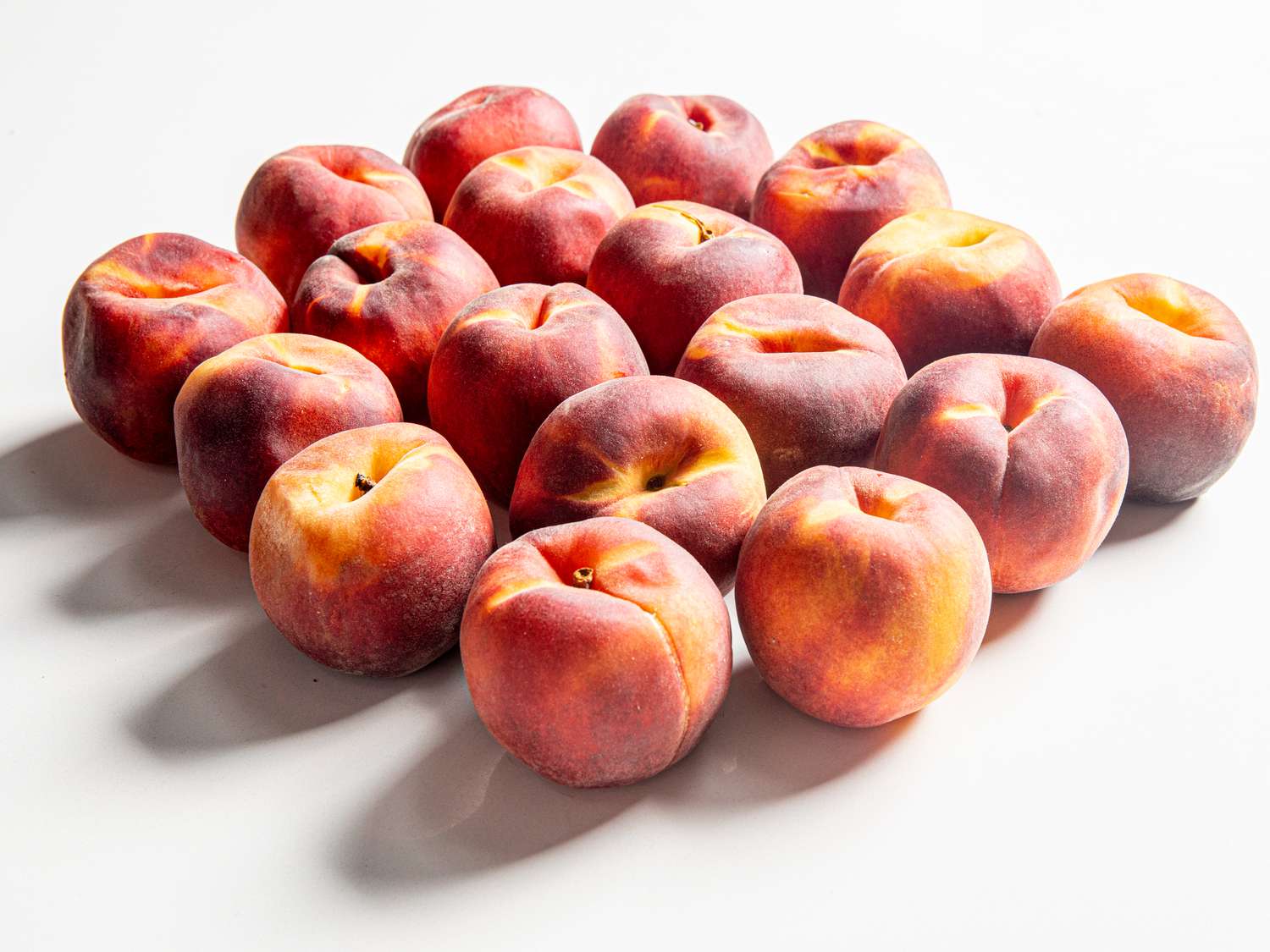
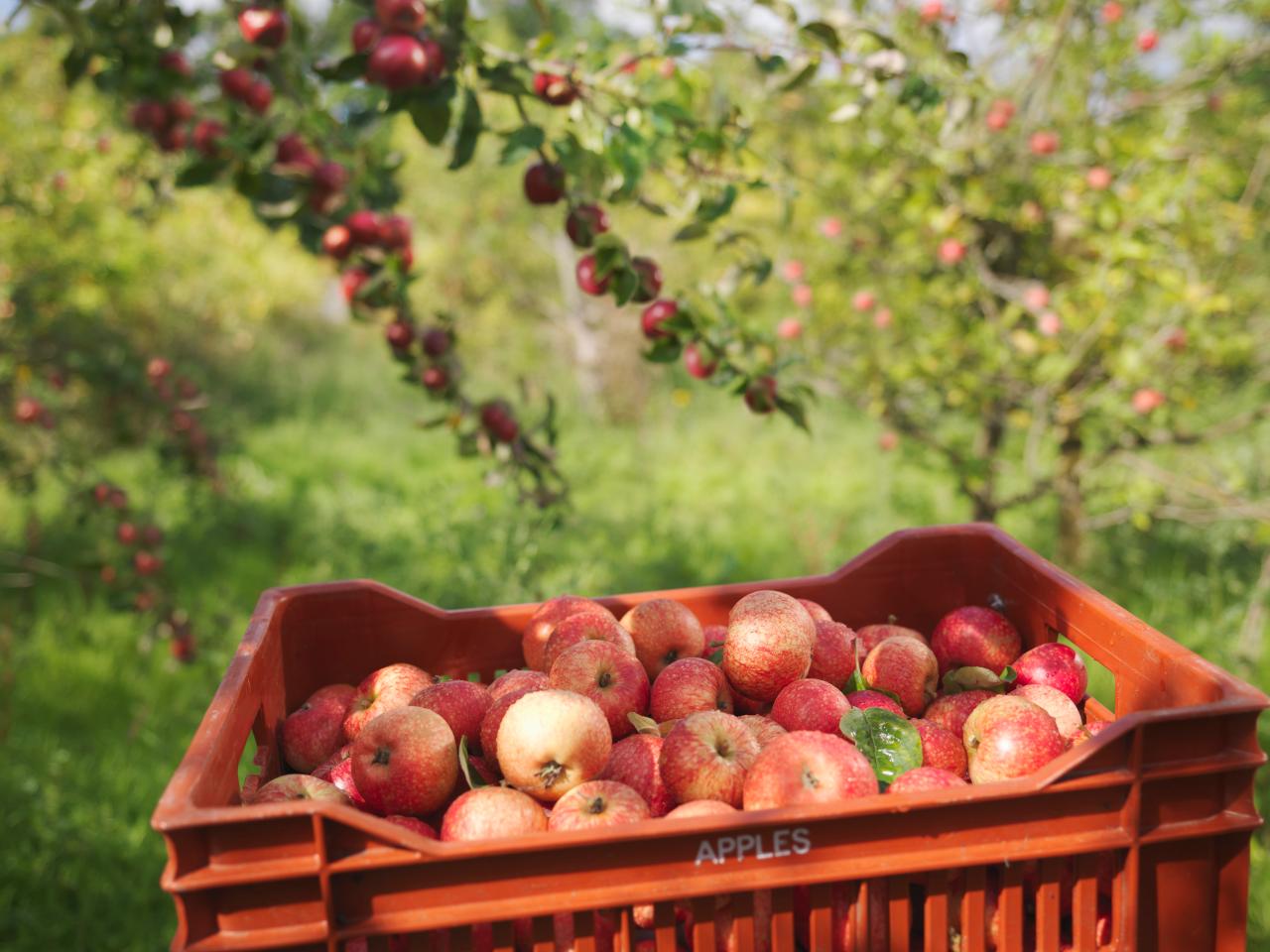
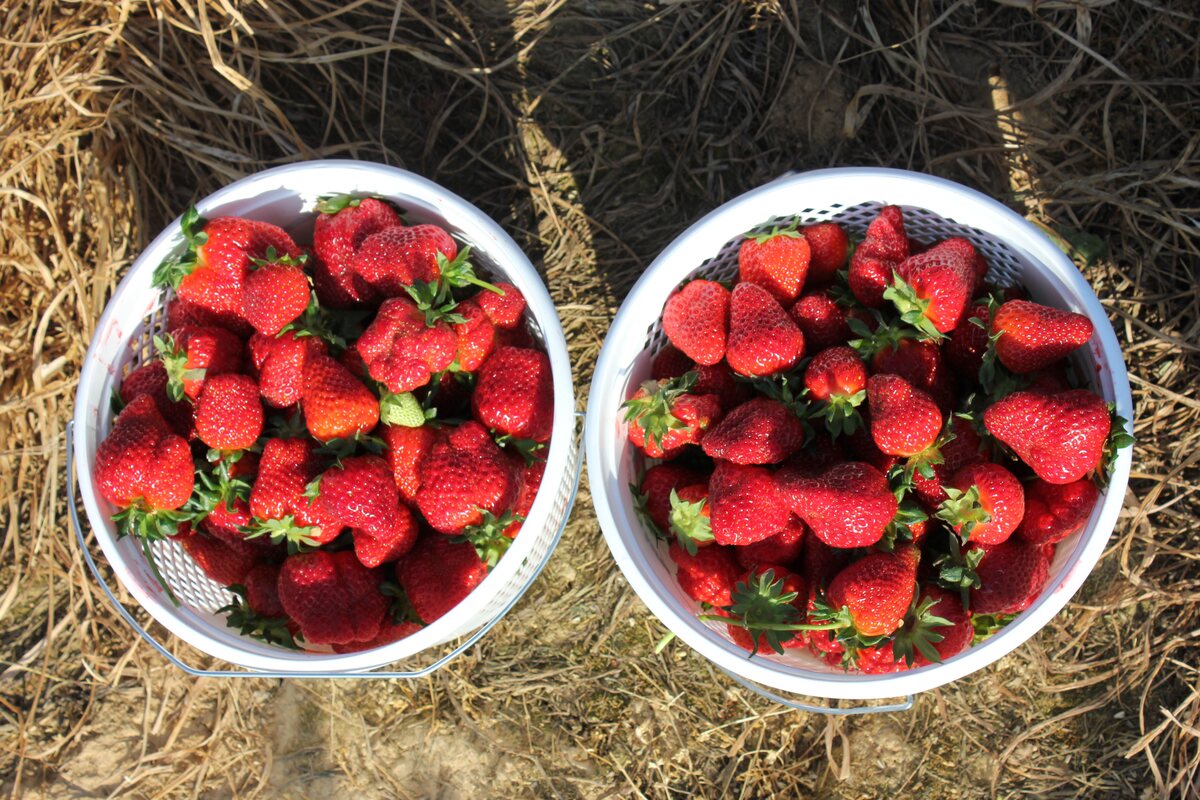



0 thoughts on “How To Store Freshly Picked Blueberries”